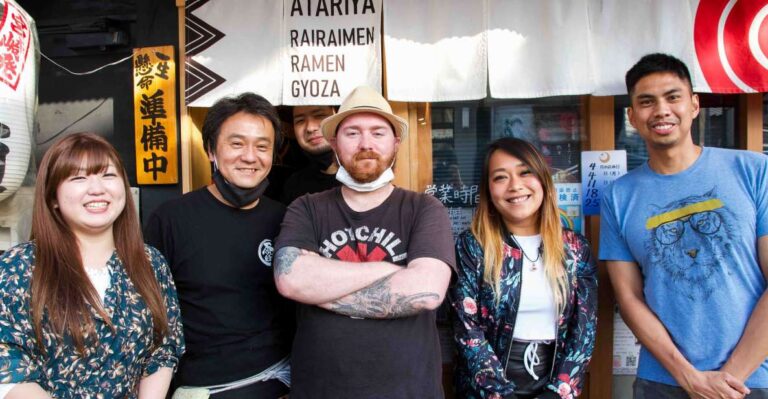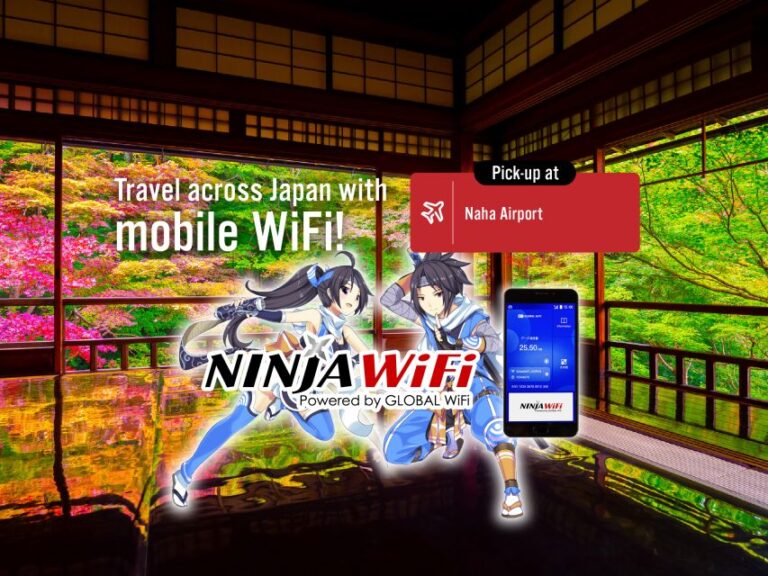Discover the art of making traditional Japanese sweets, mochi and nerikiri, at a private studio in Tokyo. This unique experience allows participants to learn in an intimate and authentic setting, with personal attention and guidance provided throughout the class.
The menu includes delectable treats like strawberry daifuku and three-color dango. Not only will participants learn how to make these delicious sweets from scratch, but they will also have the opportunity to taste their creations.
Aprons, English recipe sheets, and refreshments are provided. Minimum booking of two people required, minimum age of four years old.
Quick Takeaways

- Learn traditional techniques of making Japanese sweets
- Create visually appealing and delicious treats
- Receive personalized attention and guidance from the instructor
- Gain knowledge and skills to recreate sweets at home
Overview and Experience
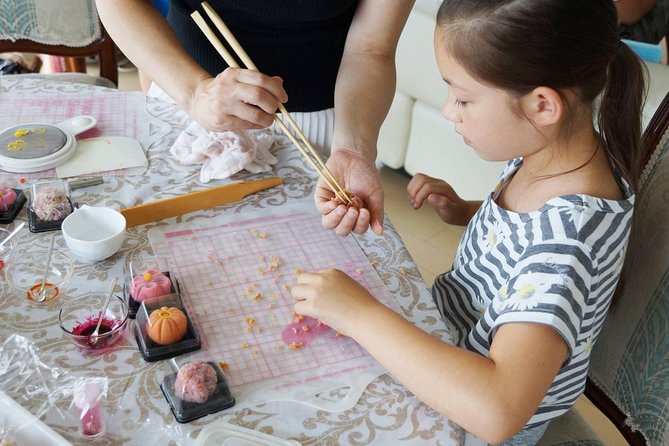
The overview and experience of the Japanese sweets (Mochi & Nerikiri) making class at a private studio in Tokyo offers participants the opportunity to learn traditional techniques and create delicious treats from scratch. This hands-on learning experience allows participants to enjoy the culture while gaining practical skills.
The small-group setting ensures personalized attention, allowing participants to ask questions and receive guidance from the instructor. During the class, you will learn how to make various types of Japanese sweets, such as strawberry Daifuku and three-color Dango, using fresh ingredients and traditional methods.
Not only will participants learn the art of making these delectable treats, but they’ll also have the chance to taste their creations and enjoy a cup of matcha green tea. This immersive experience provides a unique opportunity to delve into the world of Japanese sweets and gain a deeper understanding of the country’s culinary traditions.
Here's some other great tours and experiences that we think you'll like.
Sample Menu

A variety of traditional Japanese sweets are offered on the sample menu. This includes strawberry Daifuku, three-color Dango, and Nerikiri Wagashi.
Strawberry Daifuku consists of mochi with a sweet bean paste and strawberry filling. It’s a popular choice among sweet lovers due to its chewy texture and fruity burst.
Three-color Dango is a delightful treat made of mochi balls on skewers. These colorful dumplings, typically in shades of pink, white, and green, aren’t only visually appealing but also have a soft and slightly sticky texture. Each bite is a perfect balance of sweetness and chewiness.
The sample menu also includes Nerikiri Wagashi, which are traditional sweets made from dough blended with bean paste and filled with mochi and sweet bean paste. These delicate creations showcase the artistry and precision of Japanese confectionery.
Inclusions
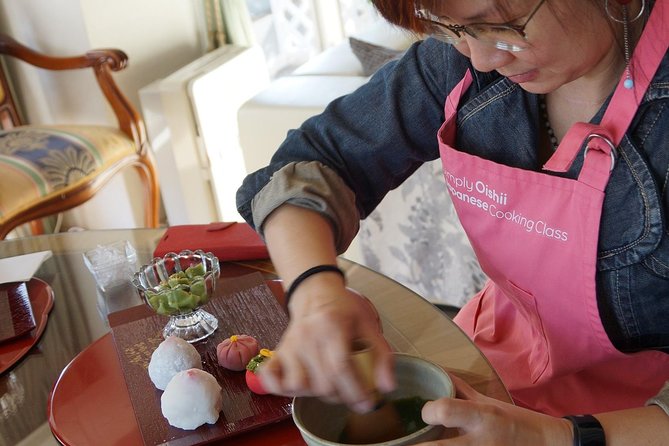
The traditional Japanese sweets-making class at the private studio includes several components. Participants are provided with all the necessary tools and ingredients to create their own delectable treats. Aprons are also provided to ensure a hands-on experience and protect clothing from any potential messes. On top of that, an English recipe sheet is made available for each participant, allowing them to easily follow along with the instructions and recreate the sweets at home. This combination of hands-on experience and recipe guidance offers a top notch learning experience. Participants not only get to taste the finished products but also gain the knowledge and skills to continue making these traditional Japanese sweets on their own.
Meeting and Pickup

Where is the meeting point for the Japanese sweets-making class at the private studio?
The meeting point for the Japanese sweets-making class at the private studio is President Meguro Heights Room #303 in Tokyo. This private home location provides a unique and intimate setting for participants to learn the art of making traditional Japanese sweets.
When it comes to transportation options, participants can easily access the studio via public transportation. The nearest train station is just a short walk away, making it convenient for both locals and travelers. Plus, there are also parking options available for those who prefer to drive to the studio.
Additional Information

Participants in the Japanese sweets-making class at the private studio can expect a few additional details to ensure a smooth and enjoyable experience. Here are some important points to note:
-
Allergen information: The studio is committed to providing a safe environment for all participants. If you have any food allergies or sensitivities, please inform the instructor in advance. They’ll make every effort to accommodate your needs and provide alternative ingredients if necessary.
-
Dietary restrictions: Whether you follow a vegetarian, vegan, or gluten-free diet, the studio can accommodate your dietary restrictions. Simply inform the instructor when making your reservation, and they’ll make the necessary arrangements to ensure that you can fully participate in the class and enjoy the delicious Japanese sweets.
-
Personalized experience: The small-group nature of the class allows for more personalized attention. If you have any specific requests or preferences, such as wanting to learn variations of the traditional sweets or trying different flavors, don’t hesitate to communicate with the instructor. They’ll do their best to tailor the class to your preferences and make it a memorable experience.
Here's some more great Japan experiences nearby that we think you'll like.
Frequently Asked Questions

What Is the Maximum Number of Participants Allowed in the Wagashi-Making Class?
The maximum capacity for the wagashi-making class is limited to a small group size. This ensures more personal attention and an intimate learning experience for participants.
Can Participants Choose the Flavors or Fillings for the Traditional Sweets They Make?
Yes, participants can customize the flavors and get creative with the fillings for the traditional sweets they make during the wagashi-making class held at a private studio in Tokyo.
Is There an Age Limit for Participating in the Mochi-Making Class?
There is no age limit for participating in the mochi-making class. Learning traditional Japanese sweets at a private studio offers the benefits of personalized attention and the opportunity to visit a local Tokyoite’s home.
Are There Any Dietary Restrictions or Allergies That Should Be Informed Beforehand?
It is important to inform the instructor about any dietary restrictions, allergies, or special requests before participating in the class. This ensures that they can accommodate your needs and provide a safe and enjoyable experience.
Can Participants Take Home the Sweets They Make During the Class?
Participants cannot bring their own ingredients for the sweets they make. There is no time limit for how long the sweets can be stored after the class, allowing participants to enjoy them at their leisure.
The Sum Up
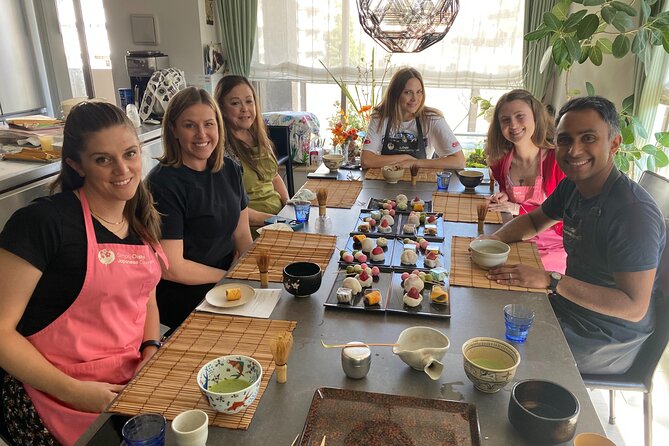
To sum it up, learning to make traditional Japanese sweets at a private studio in Tokyo is a unique and intimate experience.
Participants not only have the opportunity to visit a local Tokyoite’s home but also receive personal attention and guidance throughout the class.
The menu includes delicious treats such as strawberry daifuku and three color dango, with the option to combine the mochi-making class with a wagashi-making class.
The class provides all necessary materials and offers a non-caffeinated tea for refreshment.
It’s a must-try experience for anyone interested in Japanese culture and cuisine.
Where To Stay In Tokyo
Tokyo visitor levels are currently at an all-time high so make sure to book your hotels early. Tip most hotels booked with booking.com have free cancelation so book as soon as you know your date and you can always cancel if you change your mind.


